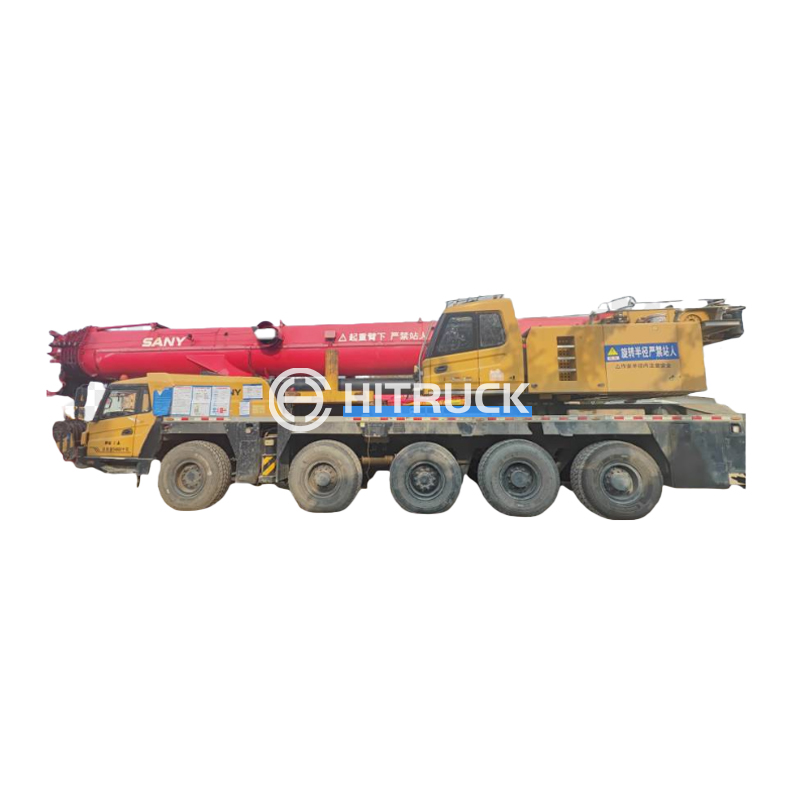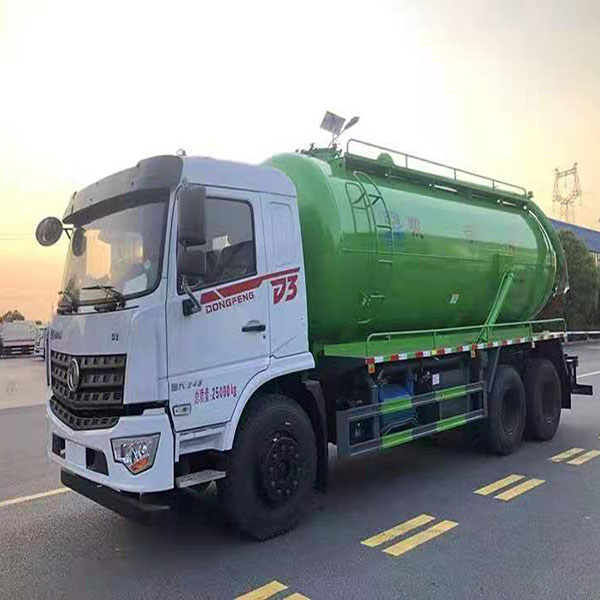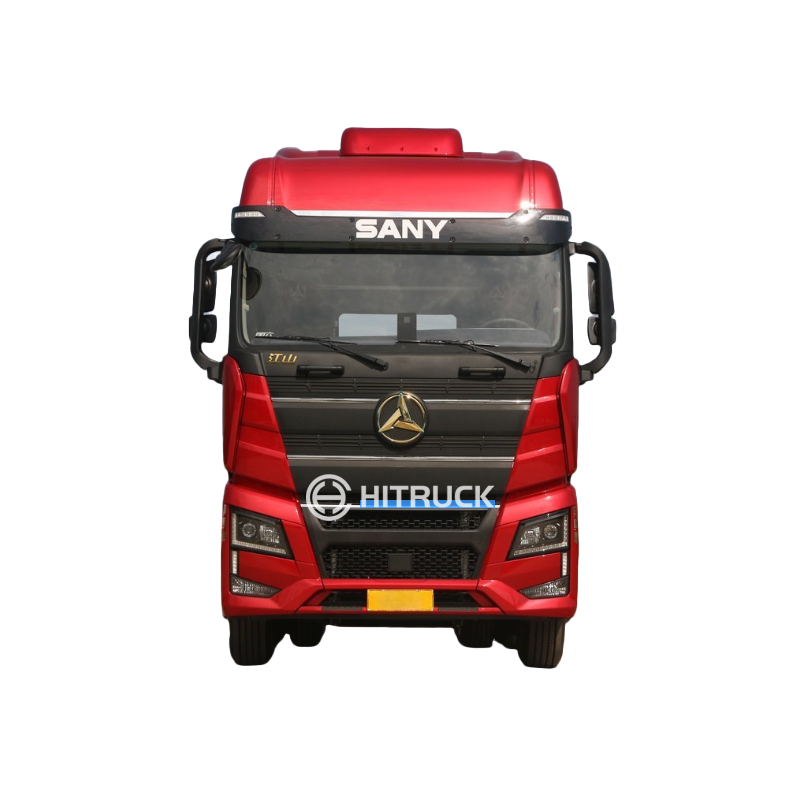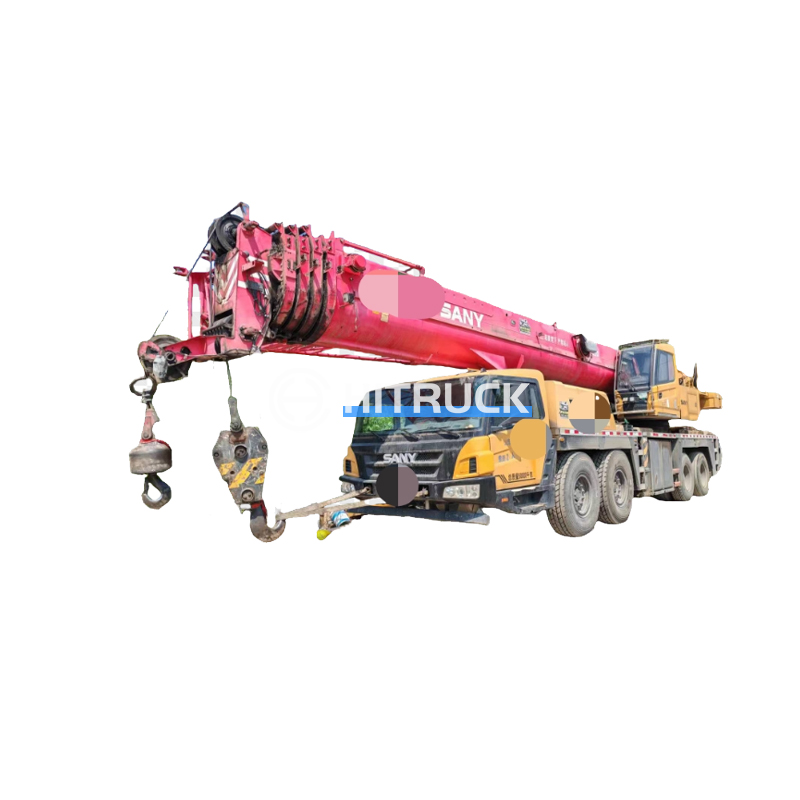Big Tow Wrecker: Your Guide to Heavy-Duty TowingThis guide provides comprehensive information on heavy-duty towing, covering types of big tow wreckers, choosing the right one for your needs, and understanding associated costs. We'll also explore safety precautions and regulations related to heavy-duty towing operations.
Finding yourself in need of heavy-duty towing can be a stressful experience. Understanding the different types of big tow wreckers and how they operate is crucial to making an informed decision and ensuring your vehicle is transported safely and efficiently. This guide will walk you through everything you need to know about big tow wreckers, from choosing the right equipment for your situation to understanding the costs involved.
Wheel lift tow trucks are a common sight on the roads. They're known for their efficiency in lifting the front wheels of a vehicle, making them ideal for smaller cars and light trucks. However, they are generally not suitable for very large or heavy vehicles. This makes them less ideal for many big tow wrecker situations.
Integrated tow trucks, also known as flatbed tow trucks, offer a secure and damage-free towing solution. The vehicle is loaded onto a flatbed, minimizing the risk of scratches or other damage during transport. This is often the preferred choice for high-value vehicles or those with significant damage. They are a suitable option for many big tow wrecker jobs. For larger vehicles however, you may require a specialized big tow wrecker.
Heavy-duty tow trucks, often referred to as rotators, are designed for the toughest towing jobs. They are capable of handling extremely large and heavy vehicles, including buses, large trucks, and construction equipment. These are indeed the most specialized types of big tow wreckers. Rotators offer increased versatility with their ability to lift and rotate vehicles. Their strength and specialized equipment allow them to handle difficult recovery situations that standard big tow wreckers cannot. Finding a provider with a reliable fleet of heavy-duty wreckers is crucial for businesses and individuals requiring such services.
Beyond these common types, specialized big tow wreckers exist to handle unique situations like recovering vehicles from ditches, water, or other challenging environments. These often require specialized equipment and highly trained operators.
The type of big tow wrecker you need depends entirely on the size, weight, and condition of the vehicle being towed, as well as the location and difficulty of the recovery. Factors to consider include the vehicle's accessibility, the terrain, and any potential damage.
The cost of big tow wrecker services can vary significantly based on several factors: the type of big tow wrecker needed, the distance of the tow, the time of day (night towing often costs more), the difficulty of the recovery, and the location. It's always best to obtain a quote from the towing company beforehand.
Safety is paramount when dealing with heavy-duty towing. Always ensure that the towing company is licensed and insured and that their equipment is well-maintained. Never attempt to perform heavy-duty towing yourself without proper training and equipment. Always follow the instructions of the towing professionals.
Regulations regarding heavy-duty towing vary by location. It is essential to be aware of local and state regulations before undertaking any towing operations. Ensure the towing company adheres to all applicable regulations and has the necessary licenses and permits.
| Type of Tow Truck | Typical Use Cases | Cost Range (USD) |
|---|---|---|
| Wheel Lift | Cars, light trucks | $75 - $200 |
| Integrated (Flatbed) | Cars, trucks, motorcycles | $100 - $300 |
| Heavy-Duty (Rotator) | Large trucks, buses, construction equipment | $300 - $1000+ |
Note: Cost ranges are estimates and can vary widely based on location and specific circumstances.
This guide provides a general overview. Always consult with a professional big tow wrecker service for specific advice related to your situation. For reliable heavy-duty towing needs, consider reaching out to experienced professionals in your area. Remember to always prioritize safety and compliance with local regulations.












